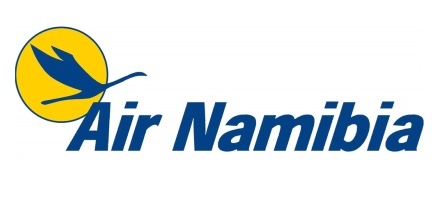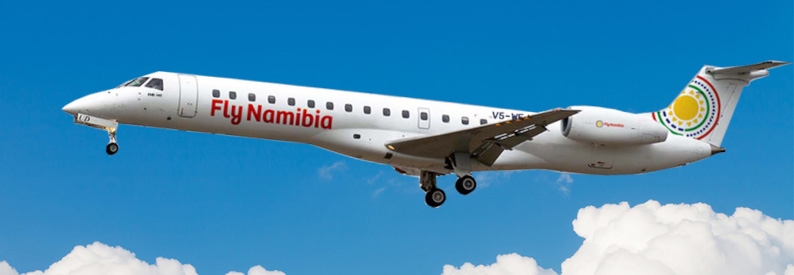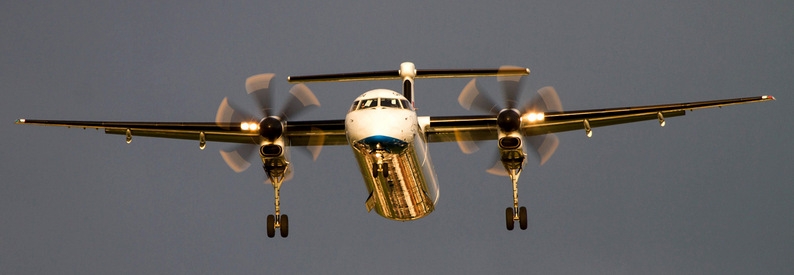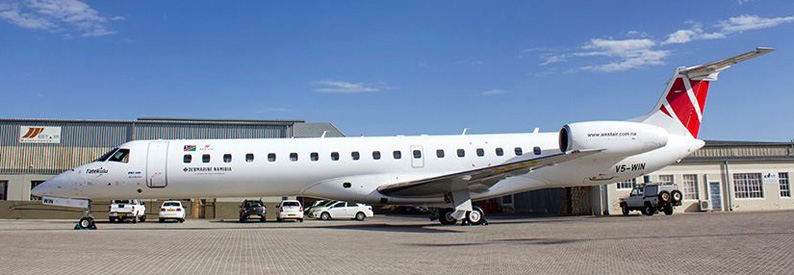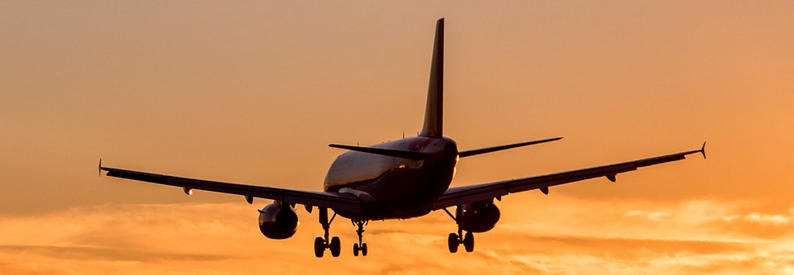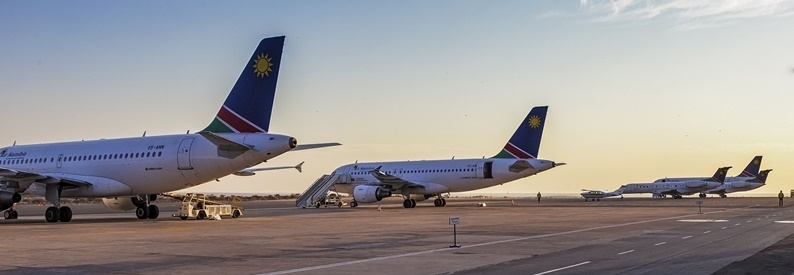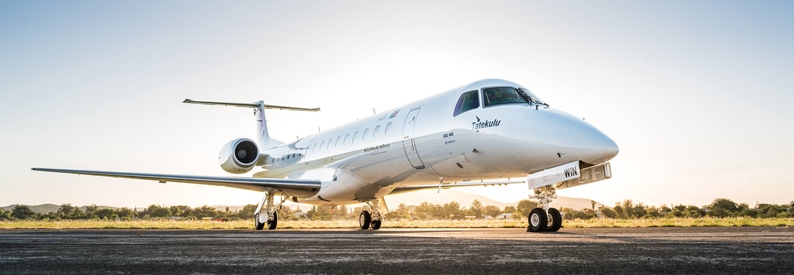Air Namibia (Windhoek International) is to remain on the government's books for the next three years despite early signs that its renewed business strategy is paying off.
Outlining the country's proposed spending plans for its 2015/16 Financial Year, finance minister Calle Schlettwein told the Namibian parliament that the national carrier would be allocated a total of NAD1.93 billion (USD162.2 million) in funding over the next three years with NAD579.8 million (USD48.7 million) to be disbursed during the current financial year, NAD722.4 million (USD60.7 million) during the next, while the remaining NAD629.6 million (USD52.9 million) would be disbursed during the 2017/18 Financial Year.
The Namibian newspaper reports the airline has consumed over NAD4 billion (USD336 million) in state funding over the past 15 years, with NAD2.4 billion (USD201.7 million) having been awarded during the past three financial years alone.
Following a period of boardroom troubles, Windhoek appointed a team, lead by Swiss consultant Rene Gsponer, to guide the airline back into the black. As such, in February, Gsponer announced Air Namibia had registered an operating profit of NAD20 million (USD1.68 million) for its 2013/14 Financial Year, contrasted with a NAD600 million (USD50.4 million) operating loss for the previous year.
In addition to cutting its unprofitable Accra route, the airline has also gradually moved to streamline its workforce from the previous 745, to 700. According to Gsponer, given its size, Air Namibia should ideally employ 595 staff. The acting managing director says this will be achieved through strategies such as early retirement and voluntary exits.
Currently, the airline operates a pair of A330-200s, four A319-100s, and four E135s on flights throughout Namibia as well as to Angola, Botswana, South Africa, Zambia and Zimbabwe regionally and Germany internationally. The airline is considering expanding its services to Nairobi Jomo Kenyatta, Kenya by the end of the year in a bid to tap into the Middle East and Asian markets.
“At the moment we want to enter the Middle East market even if it’s only as a feeder to that market," Gsponer told the Southern Times newspaper. "But the fact is that it will never be a huge market, we can never compete with Emirates (EK, Dubai International) or Turkish Airlines (TK, Istanbul Airport) or Qatar Airways (QR, Doha Hamad International) because they have much more funds than us. They can establish more routes. We are a small country and we need to work on providing quality service.”
